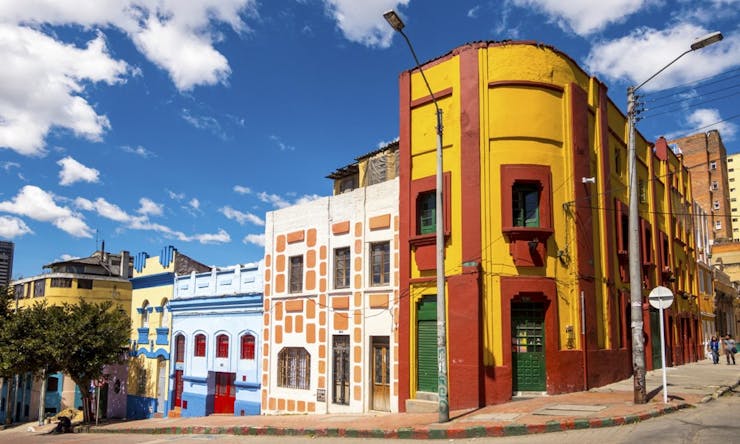BOGOTA — The cannabis industry may be disproportionately male, but pioneering women across the globe are thinking outside the box to return cannabis to the mainstream of medicine and society. In Colombia, Dr. Paola Pineda Villegas, a surgeon with a master’s degree in the study of HIV and a specialist in medical and sanitary law, is just such a leader.
Pineda, 37, has been the most cited expert on medical cannabis in Colombia in recent years, as interest in the plant’s medicinal use has grown. She’s been hailed by the press as “the cannabis doctor” and has treated more than a thousand patients.
Pineda is scientific director of a cannabis research collective called Grupo Curativa (the Healing Group), based in Bogota, Medellín, and Popayán. She’s been collecting patient data on the efficacy of cannabinoid therapy in observational trials to share with peers and guide future treatments.
For 13 years, Pineda worked with patients suffering from HIV and a range of other conditions, but she began prescribing cannabis just five years ago, after studying the topic intensely. An advantage of cannabinoid therapy, she said, is the wide range of cultivars, cannabinoid, and terpene profiles available, all of which can be applied to treat particular pathologies. “Every patient is a different world in terms of the interaction of phytocannabinoids and terpenes with each patient’s endocannabinoid system,” Pineda told Leafly.
One of the most interesting discoveries made by Pineda’s team is the efficacy of some local sativa landrace strains to treat certain conditions. Formulations made from such local sativa landraces as Colombian Gold offer the addition of at least minor amounts of cannabidiol, or CBD, a cannabinoid believed to relieve spasticity and diminish the intensity of seizures.
Like most doctors in countries with repressive drug laws, Pineda was educated to think cannabis use was a problem rather than a possible solution to complex illnesses such as refractory epilepsy, severe pain, or sleep disorders. She was taught that pharmaceutical drugs were the only option to address those ailments, she said, and instructors downplayed the severe side effects and risks of opiates and benzodiazepines.
Her turn towards cannabis came, as it does with many doctors, when a patient’s opiate therapy ceased to bring benefits. She was searching for something that would both work and be safe to administer without fear of addiction or life-threatening side effects.
She doesn’t challenge the use of traditional pharmaceuticals and conventional medical practice, and indeed noted their value. “Cannabis meds are just another very valuable tool from the wide range of possibilities that doctors have,” she said. “Cannabis must not fight with traditional pharmaceuticals, they simply are other aids for physicians seeking to improve the welfare of patients.”
Shop highly rated dispensaries near you
Showing you dispensaries nearPineda aims not only to advance cannabinoid therapy, but also to keep costs low. It’s an effort to ensure patient access amid the economic plight facing many here. After suffering through decades of narco-wars that are only now drawing to a close, economic prospects in the South American country remain uncertain at best. Gross domestic product per capita in Colombia is $7,093 annually, according to the World Bank. That’s just 13 percent of GDP per head in the United States ($54,629).
Pineda has created an interdisciplinary group of professionals who produce preparations for clinical use from donated homegrown plants. That cultivation is protected by an existing law that allows people to have up to 20 plants for personal use. But as soon as a recently approved medical cannabis law takes effect, personal cultivation with the intention to sell — even to patients in need — will be penalized. So Pineda’s suppliers will need to seek licenses from the state.
Pineda’s efforts to broaden access to medical cannabis led her to create the Grupo Curativa collective, an alliance of individuals and organizations dedicated to the social and scientific development of medical and industrial uses of cannabis in Colombia. The group aims to set standards for proper manufacturing practices of cannabis products and to share experiences and clinical data. Partners in the effort include local producers and researchers such as Cannalivio and Anandamida Gardens.










